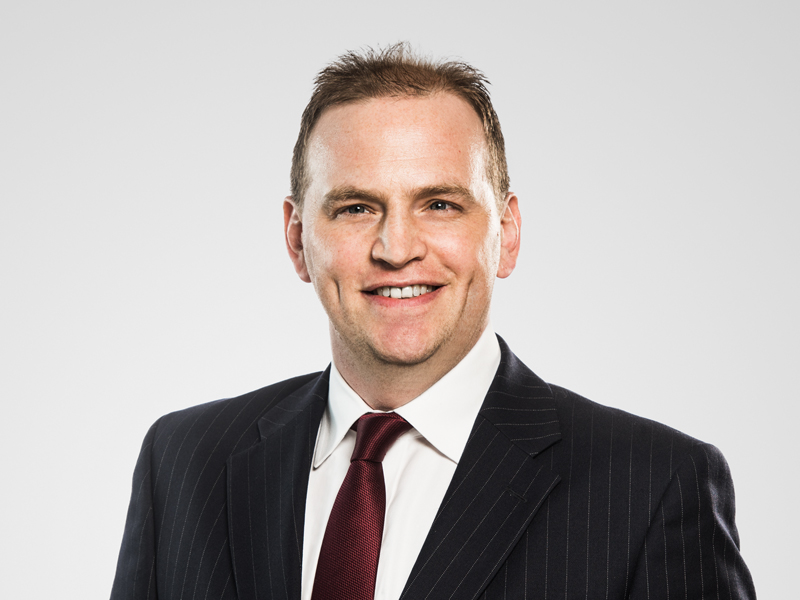Setting up family offices offshore
It is often noted how Maitland remarked that “the development from century to century of the trust idea was the greatest and most distinctive achievement performed by Englishmen in the field of jurisprudence”.
What he omitted to mention, however, was the role of certain international finance centres (IFCs) in taking the concept of the trust truly to the next level and in particular, when in combination with other, usually corporate, vehicles available in such jurisdiction.
The rise and rise of the family office has had many consequences across numerous IFCs, but from the perspective of an offshore lawyer, one of the most notable and interesting has been the coming together of structures which in the past have been too easily pigeon-holed as either institutional or as private wealth.
All leading offshore jurisdictions offer a wide range of both institutional and private wealth type vehicles, but two in particular have gone about marrying the concepts to provide a more holistic offering to international family offices looking to structure in that jurisdiction and/or relocate to that jurisdiction more permanently.
With the marked increase over recent years in the wealth of business owning Ultra High Net worth families around the world, it is testament to the quality of both the private wealth and institutional vehicles available in the British Virgin Islands (BVI) and the Cayman Islands (Cayman) that these IFCs have become jurisdictions of choice for family offices looking for a centre in which to structure and base their operations.
In the field of trusts, both BVI and Cayman offer a wide range of options which can be tailored to the individual needs of individual families and family offices. On the one hand, the ability to appropriately allocate responsibilities, including over investments, between stakeholders, can be achieved via VISTA in the BVI or via other forms of reserved powers trusts in both jurisdictions and on the other hand, the sheer sophistication of STAR trusts in Cayman, can allow for the purposes of a trust to be far more bespoke than simply to benefit a group of beneficiaries.
At their most simple, such trust vehicles provide excellent succession planning for any form of holding in an intuitional structure, whether a fund or company, but at the more sophisticated end of the planning spectrum, they can provide excellent governance systems for the underlying entity of even for a family office itself, for example by segregating economic and voting rights.
When looking at fund structures which are more traditionally the domain of institutional fund raising, the flexibility of the options available in the BVI and the true market leadership demonstrated in Cayman not only allow for family offices to operate vehicles that consistently meet the demands of international standards, but also ensure that they will not be left with unnecessary cost and regulatory red-tape where they are simply not necessary in a tight group of closely-connected investors.
We have seen incredible uptake in both the incubator fund and approved fund in the BVI where a family office wishes to operate an offshore fund structure for their own investment purposes, with the option to potentially bring in some third-parties to co-invest alongside them in particular deals or opportunities, vastly increasing their purchasing power and standing. These two highly flexible offerings are also open-ended, allowing for the investor base to have a high degree of liquidity and flexibility where cash flow can be critically important. In Cayman, the registered mutual fund is the most recognisable offshore fund structure in the world, with broad acceptance globally of both its undoubted pedigree and clear ability to operate within any geographical regulatory landscapes. Where a family office wishes to compete with the very best institutional fund managers, this is a commonly chosen product to sit alongside the market standard.
Where family offices wish to play in the venture space, the private investment fund in the BVI and private fund in Cayman are both relatively new closed-ended structures in terms of the regulatory framework around them, but both domiciles have successfully operated in this area for many years indeed and when the new legislation was introduced in 2020, it was carefully measured to ensure that there was flexibility to allow for family offices to still operate these vehicles with the minimum of regulatory burden.
Not only is there the opportunity to compete with the very best in the global investment market using these vehicles, but there is also a clear ability to use fund structures in the BVI and Cayman to carefully provide for some highly-optimised succession planning, especially with the flexibility and innovation of structures like the segregated portfolio companies, which can allow for statutory ring-fencing of assets and investments between different members of the family and outside investors.
Ultimately, the attractive and resilient legislative regimes in both the BVI and Cayman ensure that family offices can benefit from tax neutral regimes while complying with internationally recognised parameters and best practices.
This article was originally published on eprivateclient.


